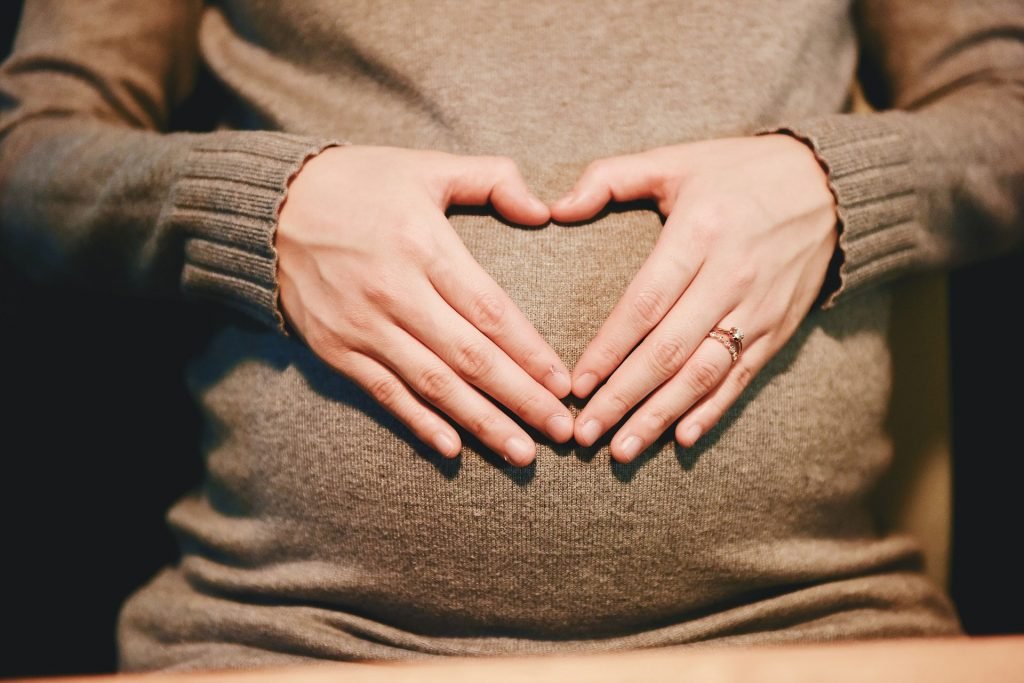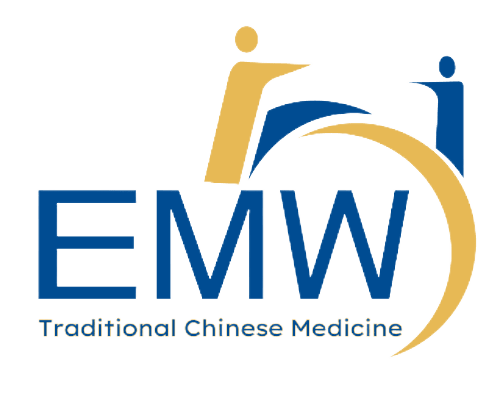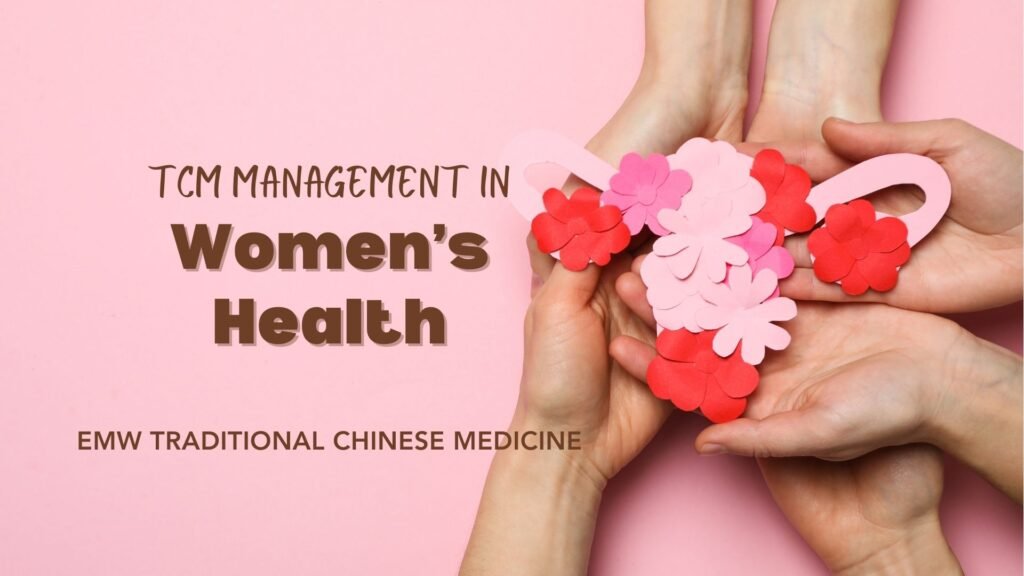How TCM Treats Endometriosis
What is endometriosis?
Endometriosis is a disease of adolescents and reproductive-aged women characterized by the presence of endometrial tissue outside the uterine cavity and commonly associated with chronic pelvic pain and infertility.
Endometriosis often presents as infertility or continued pelvic pain despite treatment with analgesics and cyclic oral contraceptive pills. Traditional Chinese Medicine(TCM) has been shown to treat endometriosis.

What actually cause endometriosis?
In this disorder, dispersed uterine tissue (endometrium) appears in the abdominal cavity and forms so-called endometriosis lesions. These lesions cause localized inflammatory lesions that change the surrounding tissue and can trigger the formation of adhesions. With regard to fertility, this is highly problematic since it can lead to occlusion or agglutination of the fallopian tubes, as a result of which neither semen nor egg can pass through.
The adhesions caused by endometriosis can lead to impaired mobility of the ovaries and fallopian tubes as well as to a disturbed reception of the ovum. This means that this disorder frequently affects the functions of the fallopian tubes (i.e., reception of the ovum, ovum transport, fertilization, and embryo transport). Nevertheless, the fallopian tubes are not affected in all women who suffer from endometriosis. Endometriosis lesions often occur on one or both ovaries, in which case cysts can develop, most notably chocolate cysts. When these cysts are removed and analyzed, a brown viscous substance (old menstrual blood) is found that looks like chocolate. In addition to the uterus and peritoneum, endometriosis can also spread to the intestines and the bladder.
As most women with endometriosis report the onset of symptoms during adolescence, early referral, diagnosis, identification of disease and treatment may mitigate pain, prevent disease progression and thus preserve fertility.
What are the first signs of endometriosis?
Clinical presentation of endometriosis varies in women. Patients often present with symptoms such as
- severe pain during menstruation(dysmenorrhea)
- lower abdominal pain also independent of the cycle
- pain during sexual intercourse(dyspareunia)
- pain during bowel movements(dyschezia)
- painful urination (dysuria)
- diffuse pain in the lower abdomen and/or stomach and back
- menstrual disorders (e.g., spotting, hypermenorrhea)
- intermenstrual bleeding
- difficult, also painful urinary voidings, which arise cyclically
Often, endometriosis can be asymptomatic, only coming to a clinician’s attention during evaluation for infertility.

How we treat Endometriosis?
Usually endometriosis patients are diagnosed only when they haven’t been able to conceive after a year or so. And not all patients present with severe menstrual pain as mentioned in our medical definition. Body constitution has to be diagnosed first before deciding on the TCM treatment plan on endometriosis. Usually Chinese herbal medications, acupuncture and moxibustion have to be incorporated in the treatment plan.
My personal experience is I find acupuncture particularly helpful when it is carried out in rhythm with the menstrual cycle. Especially 3–7 days before the onset of menstruation, its application can relieve lower abdominal and back pain. It is also important for calming purposes as the recurrent pain causes tension and fear in many afflicted women.
Diet/Lifestyle plays a big part as well. It has been a common misconception that all endometriosis patients present with Blood Stasis constitution by TCM diagnosis, which is medically false because everyone is different. I have patients who don’t present with dark pale tongue, I even have patients with bright red tongue, indicating inner heat in them! So I still have to emphasise, body constitution is KEY to treatment.
If you have been diagnosed with endometriosis, and would like to book a consultation with me, please bring the following on your first visit.
- Ultrasound scan report
- Laparoscopy report(if any)
- Current medications
- Hormonal Profile (LH, FSH, Progesterone, Testosterone, Thyroid Hormones and Prolactin, if any)
- Semen Analysis of your husband
Your treatment plan will usually involve:
- TCM herbal prescriptions
- Acupuncture (if you are willing)
- Adherence to a diet that will nourish your body and combat endometriosis





